☰ Cardiff Scientific Society
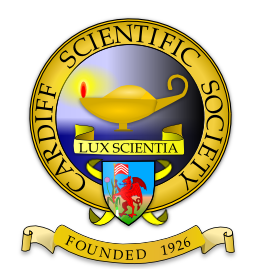
![Are We Alone? Living in a Hostile Universe [Image by Felix Mittermeier from Pixabay]](./images/1920/a_lewis.jpg)
Are We Alone? Living in a Hostile Universe
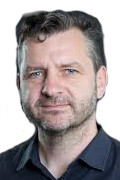
Prof. Geraint Lewis
University of Sydney
9th October 2019
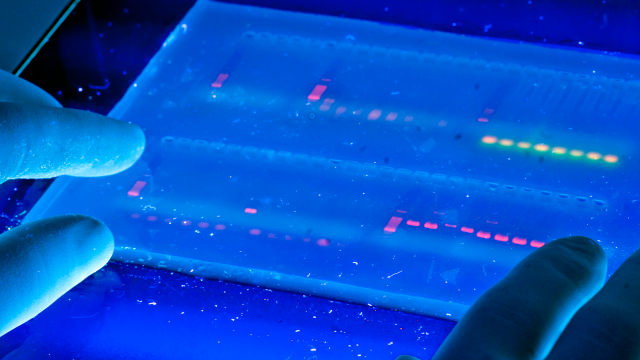
Lord Phillips Memorial Lecture:
Evolutionary Genetics: How Do New Genes Arise?
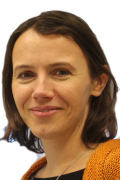
Professor Aoife McLysaght
Trinity College Dublin
16th October 2019
Sponsored by the Royal Society of Biology
![More Smoke and Noise: A Journey into Amateur Rocketry [Image: Intimidator by Phil Charlesworth]](./images/1920/a_charlesworth.jpg)
More Smoke and Noise: A Journey into Amateur Rocketry
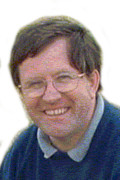
Dr Phil Charlesworth University of Wales, Newport
30th October 2019
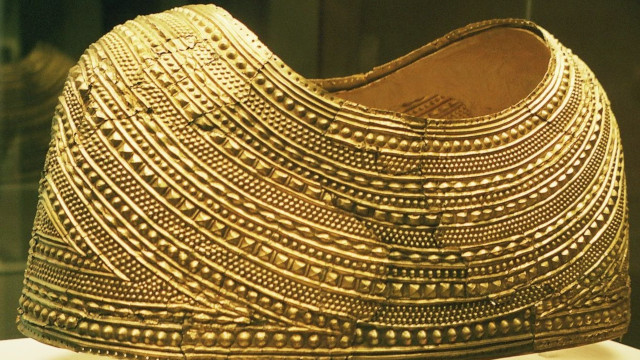
Gold in Wales
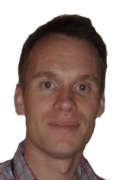
Tom Cotterell National Museum Wales
13th November 2019
![Through the Keyhole - The Future of Surgery? [Image by alan9187 from Pixabay]](./images/1920/a_narahari.jpg)
Through the Keyhole - The Future of Surgery
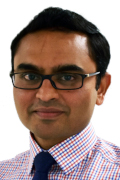
Dr Krishna Narahari
Cardiff & Vale University Health Board
27th November 2019
![Redefining the Kilogram, the Kelvin, the Ampere and the Mole: Why You Should Care Even Though You Wont Notice [Image by sandrine RONG�RE from Pixabay]](./images/1920/a_depodesta.jpg)
Redefining the Kilogram, the Kelvin, the Ampere and the Mole: Why You Should Care Even Though You Won't Notice
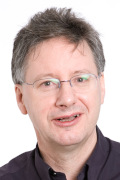
Dr Michael De Podesta
National Physical Laboratory
11th December 2019
![The History of Echocardiography - Past, Present and Future: Is This the Death of the Stethoscope? [Image by Myriam Zilles from Pixabay]](./images/1920/a_wheeler.jpg)
The History of Echocardiography - Past, Present and Future: Is This the Death of the Stethoscope?
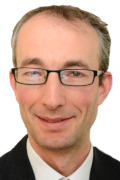
Dr Richard Wheeler
University Hospital of Wales, Cardiff
22nd January 2020
![Playing with Fire - Unplanned Adventures in Fire Science and Engineering [Image by Free-Photos from Pixabay]](./images/1920/a_bisby.jpg)
Playing with Fire - Unplanned Adventures in Fire Science and Engineering
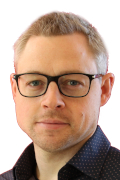
Prof. Luke Bisby
Edinburgh University
5th February 2020
![200 Years of Astronomy [Images from WikiMedia]](./images/1920/a_edmunds.jpg)
200 Years of Astronomy
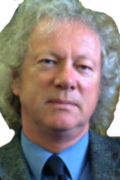
Prof. Mike Edmunds
Cardiff University
19th February 2020
Sponsored by the Institute of Physics
![Animal Magnetism: Why Migrating Birds Don't Get Lost [Image by Pete Linforth from Pixabay]](./images/1920/a_hore.jpg)
Animal Magnetism: Why Migrating Birds Don't Get Lost
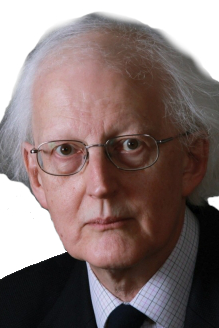
Prof. Peter Hore
Corpus Christi College, Oxford
4th March 2020
![The Air We Breathe: Aerosols for Good and Bad [Image by by InspiredImages from Pixabay]](./images/1920/a_reid.jpg)
The Air We Breathe: Aerosols for Good and Bad
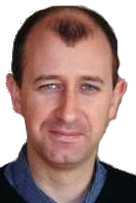
Prof. Jonathan Reid
University of Bristol
Postponed
Sponsored by the Royal Society of Chemistry
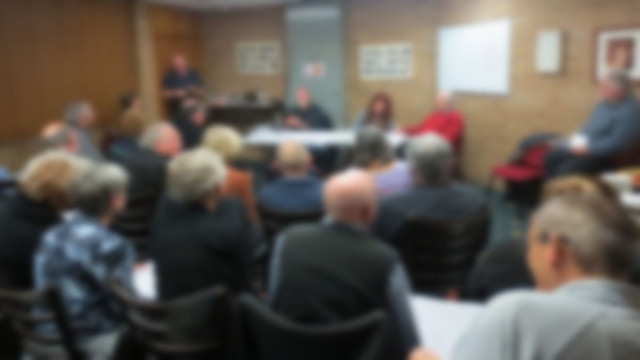
Annual General Meeting

The Committee
Cardiff Scientific Society
Postponed
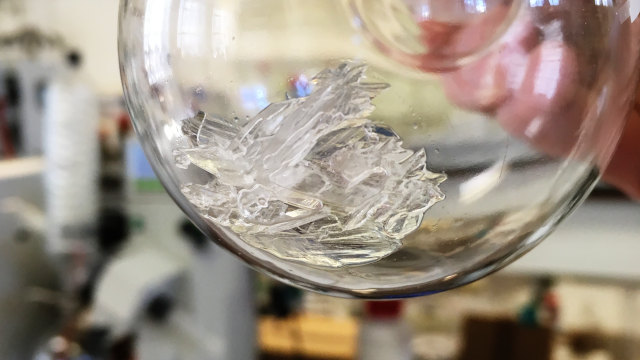
Presidential Lecture: Shape, Form and Architecture in the Crystalline World
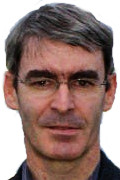
Prof. Kenneth Harris
Cardiff University
Postponed